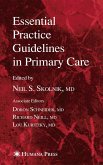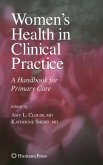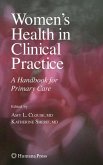I opened my series editor manuscript of The Handbook of Contraception: A Guide for Practical Management, edited by Drs. Donna Shoupe and Siri Kjos, on a tiny plane on the way to giving a lecture in Albany, NY. I expected to peruse the ma- script, and found that I could not put it down. The Handbook of Contraception: A Guide for Practical Management is an incredibly informative and enjoyable read. In keeping with the objective of this series for primary care clinicians, there is a quality in this title that is uncommon among medical textbooks. The chapters of this book are written with extraordinary intelligence and und- standing, and with attention to practical considerations in the selection and mana- ment of contraceptive options. The authors have reviewed the science behind contraception, including the chemical structure and effects of hormonal contraception, physiology of contraception, efficacy rates, and side effects, as well as the practical considerations that are relevant in helping patients choose between different cont- ceptive options. They do this with a clarity of language and intent that lets the book cover with sufficient detail the full range of questions that any primary care clinician will have regarding any of the traditional or new contraceptive options. Also included in each chapter is a section on "counseling tips," which explicitly answers many of the questions that clinicians and their patients often have when discussing contraceptive options. For a book so useful and well done, the editors and authors deserve our thanks.
From the reviews: "This guide to all currently available contraceptive options describes the mechanism, side effects, advantages, and disadvantage of each method. ... This book is written for primary care physicians who would be prescribing contraceptives and counseling women on their choices. ... The book also provides interesting facts regarding the history of certain types of contraception. ... This book is thorough and up to date, and provides useful information so that physicians can effectively counsel a patient on contraception." (Katherine M Krings, Doody's Book Review Service, January, 2007)








